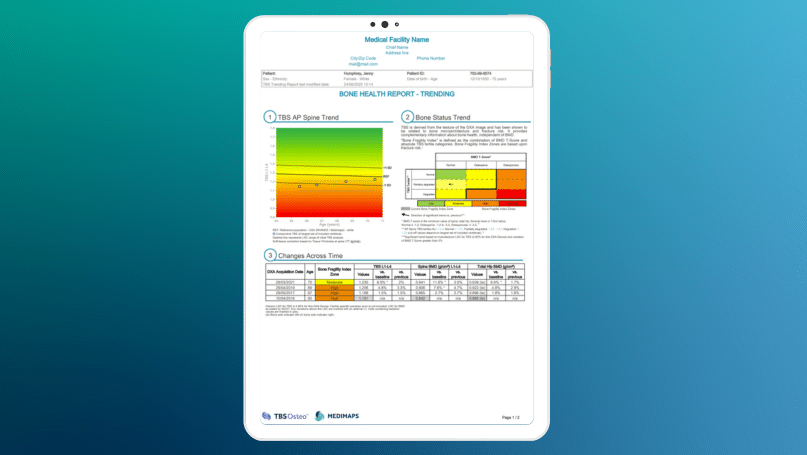Why does bone health matter?
Maintaining optimal bone health is crucial for overall well-being and quality of life. Bones provide structural support, protect vital organs, and facilitate movement. However, as we age or due to medical conditions, our bones undergo changes that can lead to conditions like osteoporosis. Understanding the significance of preserving bone health is essential in preventing fractures and maintaining mobility.
What is osteoporosis?
Osteoporosis is a condition where bones become fragile and prone to breaking, even from minor falls or everyday activities like bending or coughing. Its consequences are a loss of bone density and an increase in bone fragility leading to an increased risk for fractures. Osteoporosis is often referred to as a “silent” disease because you may not have noticeable symptoms. You may not even know you have the disease until you break a bone.
Osteoporosis is associated with several common complications that significantly impact daily life. These include an increased risk of fractures, particularly in weight-bearing bones like the hips, spine, and wrists, leading to pain and potential immobility. Furthermore, individuals may experience difficulties with posture, such as stooping or curvature of the spine, which can further limit mobility and contribute to a decreased quality of life overall.
Prevention and early detection are essential to mitigate these complications and maintain optimal bone health.
Understanding Trabecular Bone Score
Trabecular bone score (TBS) is a helpful tool for detecting osteoporosis early and providing a more comprehensive overview of your bone health. It works alongside a bone density test, providing additional information about the quality of your bones. TBS can identify changes in bone structure that may indicate osteoporosis risk, helping your healthcare provider tailor treatment plans to better protect your bones and overall health.
See beyond bone density
TBS Osteo provides a deeper look into your bone quality, revealing the strength and structure inside your bones to help your doctor better assess fracture risk and personalize your care.
Because osteoporosis develops silently, early insight and the right treatment can help protect your bones — and your future.


Track your bone health progress
If your DXA scan includes TBS Osteo, you may receive a personalized TBS Osteo report.
This report helps you and your doctor track changes in your bone density and structure over time – giving a clearer view of how your bones respond to treatment.


